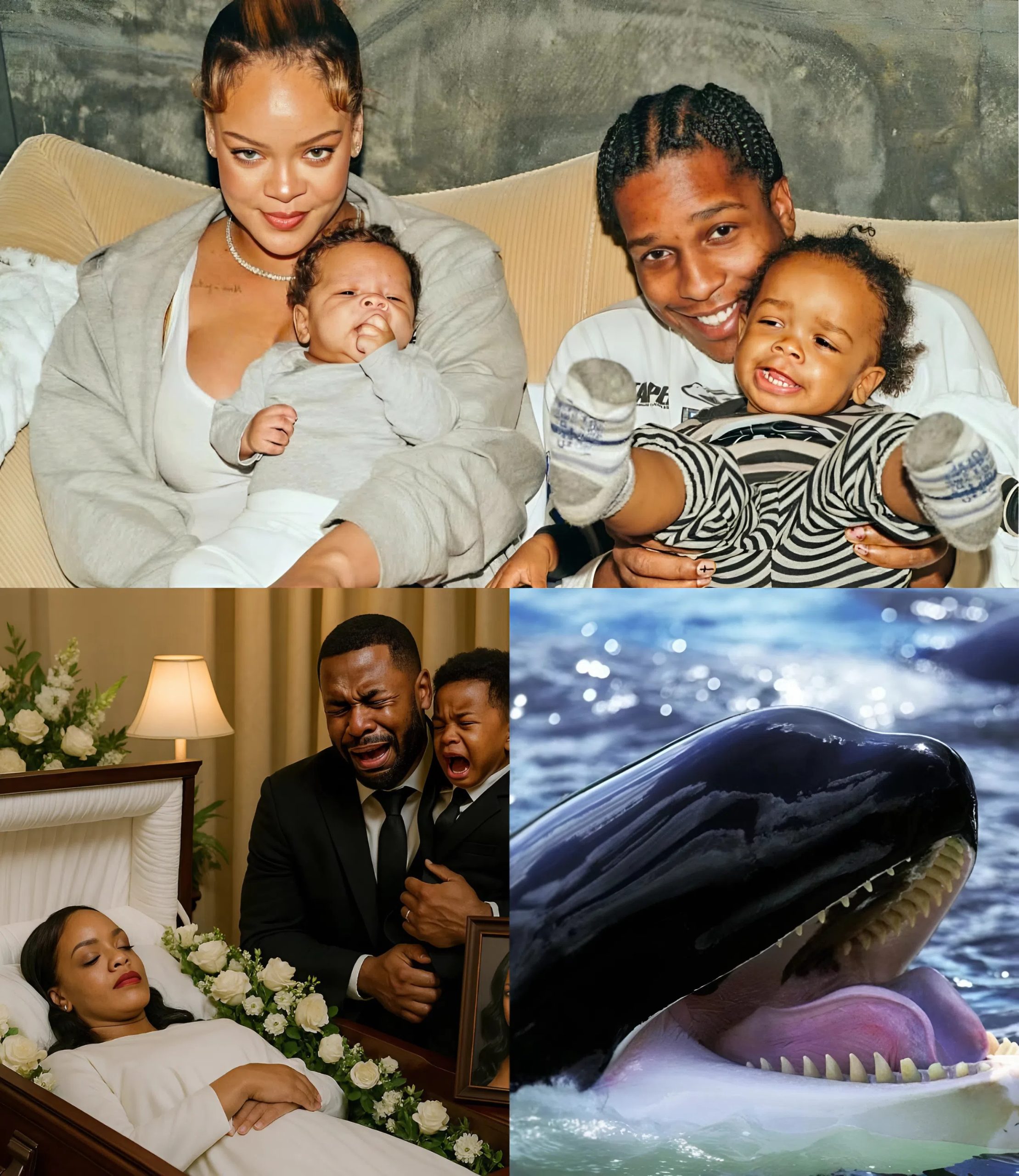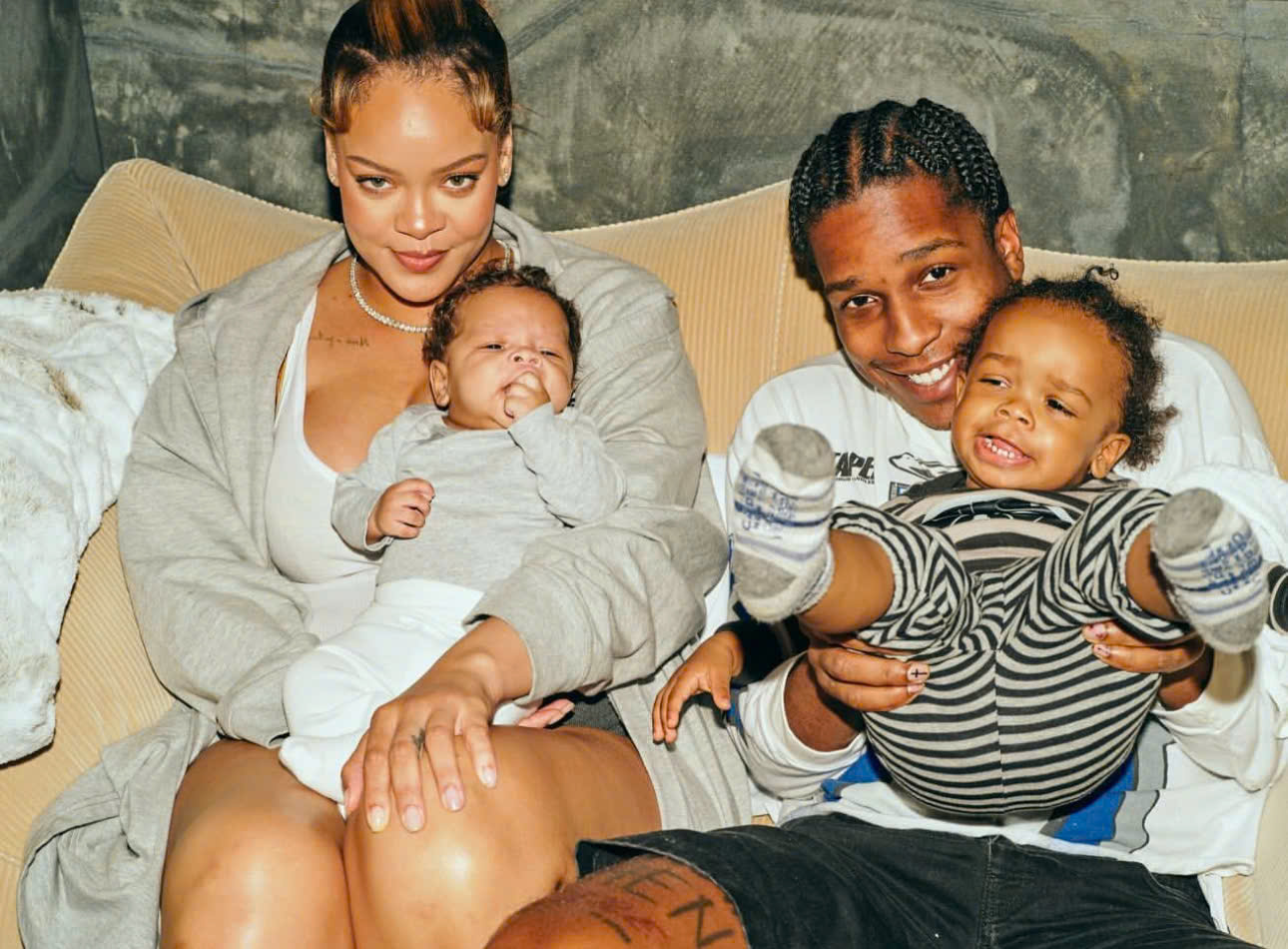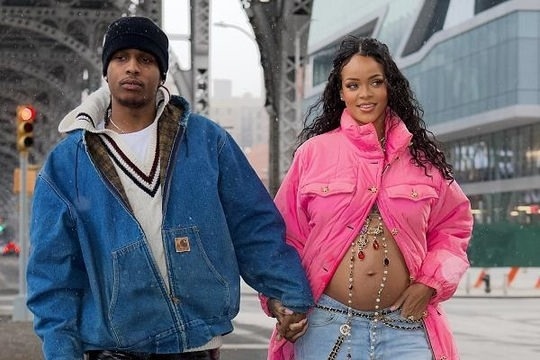The world awoke to one of the most haunting headlines in recent memory: Jessica Monroe, a 29-year-old senior trainer at Oceanica Marine Park, had been killed by Kairo — a 12,000-pound orca she had cared for almost half her life. What unfolded before the eyes of hundreds of spectators was more than a personal tragedy. It was a violent reminder of a system that has long been criticized as cruel, exploitative, and destined to collapse.
Within hours, the story exploded online. Amid the avalanche of outrage, one voice stood out. Rihanna — a global cultural icon known for her rare but seismic interventions — posted just five words: “This broke me. Never again.” Her words reverberated across continents, transforming what could have been a local tragedy into a global reckoning.
The question that now looms over governments, corporations, and societies is chilling in its simplicity: Was Jessica’s death preventable, and if so, who is responsible?

The Fatal Performance That Changed Everything
Jessica was no rookie. She had logged over ten years of training experience, built a reputation as a calm professional, and was adored by her colleagues. Friends describe her as “the heart of the park,” someone who truly believed in bridging the gap between humans and marine life.
But on the night of her death, cracks in the illusion of harmony surfaced. Witnesses reported Kairo slapping his tail against the water and refusing to follow commands. Jessica entered the tank anyway — a decision consistent with industry practice, but fatal in hindsight. Moments later, the orca dragged her beneath the surface in a violent struggle that lasted minutes. By the time rescue teams intervened, it was too late.
The footage — now circulating worldwide — is almost unbearable to watch. Gasps turn to screams, children cry, and panic erupts in the stands as the horrifying realization spreads: this is not entertainment, this is death in real time.
A Pattern Written in Blood
Jessica’s story is not unique. Since the 1980s, at least dozens of serious attacks have been documented in marine parks across the globe. Several ended fatally. Each time, corporations insist such incidents are “rare accidents.” Yet experts argue the opposite: these are predictable outcomes of captivity.
Orcas, among the most intelligent and socially complex mammals on Earth, travel vast distances in the wild — sometimes over 100 miles a day. In tanks, they circle endlessly in enclosures barely large enough to stretch their bodies. In the wild, they live in pods with rich family structures; in captivity, they are separated, forced to breed unnaturally, or mixed with unfamiliar orcas from entirely different oceans.

The result is psychological collapse. Marine biologists describe symptoms ranging from aggression and self-harm to lethargy and apathy. “Every orca in captivity is a tragedy waiting to happen,” says Dr. Helena Ruiz, a veteran marine behaviorist. “We call them killer whales, but it’s captivity that kills — kills their spirit, and eventually, kills humans too.”
The Silence of Corporations
Oceanica Marine Park’s response was swift — and deeply criticized. In a carefully worded statement, executives described Jessica’s death as “a tragic incident,” while reiterating their “commitment to safety and education.” They praised Jessica’s “lifelong dedication” and promised a full review of protocols.
But critics argue the statement was designed less to grieve and more to protect corporate interests. Stock in the park’s parent company dipped 12% overnight. Online petitions demanding closure of the facility and release of its orcas reached one million signatures within 24 hours. Families with planned vacations began canceling bookings en masse.
What enraged the public most was the contradiction: parks claim to educate audiences about marine life, yet their entire model is built on stripping animals of their natural lives. The images of Kairo thrashing against the tank walls as Jessica drowned did not look like “education.” They looked like the violent collapse of an industry hiding behind glossy brochures and staged smiles.
Rihanna’s Five Words: Why They Matter
Why did Rihanna’s brief message resonate so profoundly? Analysts suggest it is because her voice bridged a cultural gap. Animal welfare activists have long sounded alarms, but their cause often remained niche, overshadowed by corporate marketing and tourist demand. Rihanna’s words — raw, emotional, and global — jolted the conversation into the mainstream.
Within hours, hashtags like #JusticeForJessica and #FreeTheOrcas dominated platforms. Celebrities from Billie Eilish to Leonardo DiCaprio echoed the call. For millions, this was no longer about one tragic death. It became a referendum on how humanity treats animals, and whether the price of “entertainment” is one we are willing to pay in blood.
The Politics of Captivity
Governments now face mounting pressure. In Canada, legislation has already banned the capture and breeding of whales and dolphins. Several European countries have outlawed marine mammal shows entirely. But in the United States and parts of Asia, the industry still thrives, bolstered by tourism revenue and lobbying.

Jessica’s death reignited debates in Congress and parliaments worldwide. Lawmakers sympathetic to animal welfare argue that every captive orca is a ticking bomb. Industry lobbyists counter that marine parks fund research, inspire conservation, and generate jobs. The clash is intensifying, with Jessica’s name becoming a symbol on protest signs from Los Angeles to London.
The Human Dimension
Yet beyond the politics, lies a quieter grief. Jessica’s family, shattered by her death, now finds themselves unwilling symbols of a global movement. Her parents released a statement: “Jessica loved the ocean, loved Kairo, and believed in the beauty of connection. We ask only that her death not be in vain.”
Colleagues are divided. Some defend the park, insisting Jessica would not want its closure. Others confess privately that they long feared such a tragedy was inevitable. Her death, then, exposes not only corporate failure but also the moral burden carried by those who dedicate their lives to this controversial profession.
A Mirror to Ourselves
What haunts most is the symbolism. Jessica’s end is not just about one trainer and one whale. It is a mirror reflecting humanity’s arrogance — the belief that we can bend nature to our will indefinitely. We place apex predators in pools, then act surprised when instinct erupts. We market suffering as spectacle, then grieve when the spectacle turns deadly.
In the end, the tragedy is twofold: a brilliant young woman gone far too soon, and an animal forced into madness by a world that refuses to see it.
The Road Ahead
What happens now will determine whether Jessica’s death is remembered as a tragic footnote or a turning point. Several possibilities loom:

-
Legal Action: Her family may pursue negligence lawsuits that could bankrupt Oceanica.
-
Legislative Reform: Momentum is building for bans on orca captivity in multiple countries.
-
Cultural Shift: Tourists, once eager to buy tickets, may finally turn their backs on an industry unable to disguise its brutality.
-
Global Awakening: With Rihanna’s voice amplifying the cause, the tragedy could become a watershed moment in animal rights history.
Conclusion: “Never Again”
Jessica Monroe’s final moments will haunt all who witnessed them. But her legacy may yet transcend the horror. If her death forces humanity to confront the dark underbelly of marine entertainment, then perhaps her sacrifice will not be meaningless.
As vigils spread — flowers cast into oceans, candles lit at aquariums — one phrase continues to echo across the world: Rihanna’s five words.
“This broke me. Never again.”
It is both a cry of grief and a demand for justice. Whether we answer it will define not only how we remember Jessica, but who we choose to be as a species.